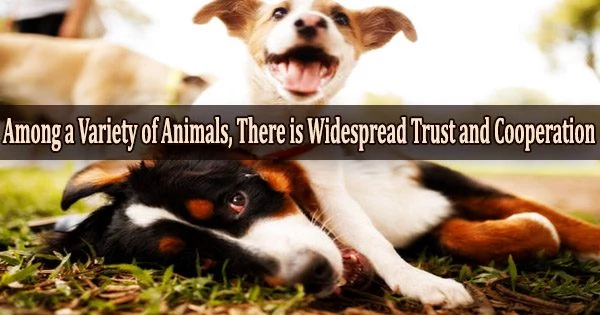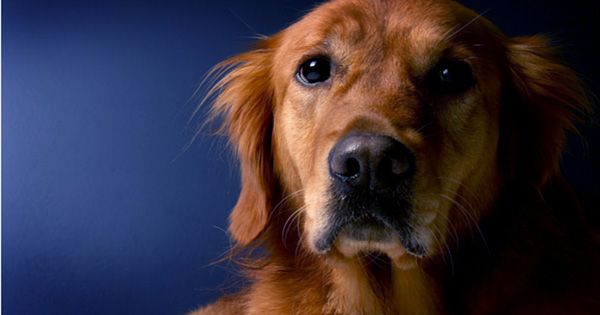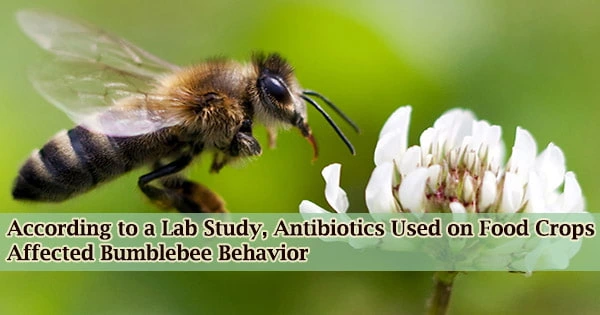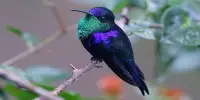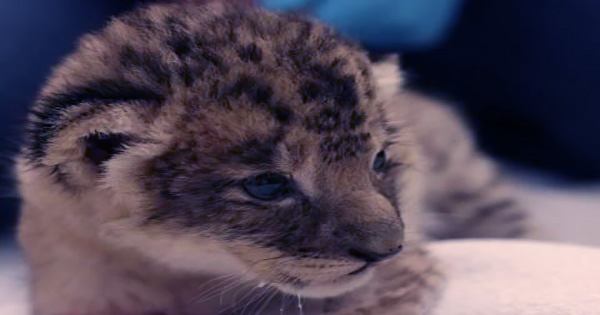Last Friday, as I was competing a draft of this essay, I was asked to comment on the notion of trust among nonhuman animals (animals). This request couldn’t have come at a better time because I was reading Sweet in Tooth and Claw: Stories of Generosity and Cooperation in the Natural World by Kristin Ohlson and The Social Instinct: How Cooperation Shaped the World by Nichola Raihani was in my “to read soon” pile.
Since many animals are very skilled social beings who rely on many codes of conduct to negotiate complex social networks that are necessary to their existence, I’ve also given these issues some thought.
Timing is everything; I stopped writing, read the books, did the interview, and this piece is much more complete. There are many examples of nonhumans trusting and collaborating with one another, in addition to the fact that most (but not all) dogs trust people to provide them with the best lives imaginable. They do this when they consent to play fairly and adhere to the “golden rule” of play, when they cooperate to gather food, share it, and possibly defend it, to establish and defend a territory, to raise and care for offspring (a process known as cooperative breeding), and to establish grooming networks.
Trust and cooperation go hand-in-hand. Because trust is one of the fundamental components of creating and maintaining cooperative and cohesive groups, packs, flocks, or herds of animals, using trust alongside cooperation is not an issue. Lying, cheating, and deceiving can undermine trust among individuals and weaken and cause the desolation of social bonds.
Trust doesn’t require language. The animals have to agree that it’s best to work together for a common goal, however they do it, and that this agreement is good for everyone.
What Does It Mean to “Know Something?”
It’s sort of uncanny that an earlier draft of this essay focused on what it means to “know” something and these books and the discussion of trust home in on this deeply philosophical and daunting question. Regarding animal minds, it’s important to strike a balance between skepticism and credulity. In many cases, it’s reasonable to say that we currently know enough to make claims about what other animals are thinking and feeling when they’re acting in certain ways, such as cooperating with and trusting another person or taking part in other activities.
I’m not saying dog trust is the same as human trust, and I’m not saying dog trust is the same as wolf trust. But the basic ingredient is that an individual has a feeling that another individual has my and their best interests in mind.
Marc Bekoff
Along these lines, I once had a very interacting discussion with Alec about his dog, Murphy. Alec told me he actually didn’t know if Murphy enjoyed playing but he took him to a dog park because Murphy played a lot. I asked Alex if he would do something to Murphy that would harm him and he said “No!” We talked some and Alec came to realize that he really knew that Murphy loved to play and that’s why they went to a dog park at least five days a week.
When they are not in the lab, scientists will frequently discuss animal emotions in open forums, but when they are there, they will state things like, “We don’t truly know what an animal is thinking or experiencing.” For example, in The Emotional Lives of Animals, I wrote about a scientist, Bill, and his dog, Reno. Bill had invited me to give a lecture on animal emotions at his university and before I did so I had the pleasure of meeting Reno at Bill’s home. Bill talked about how happy Reno was when he played and how he missed Bill and his family when they were gone.
After I gave my talk, Bill remarked that I was a bit too loose when I talked about animal emotions and I asked Bill to tell the audience what he had told me about Reno a few hours earlier when we were at his home. Bill smiled and a valuable discussion followed.
Anthropomorphism is a Dead-End Street
Like the authors of the above books and numerous others, I firmly believe that other animals trust and are trustworthy individuals are saying or doing what they really mean and cooperate work together for a common goal with one another based on solid comparative research, evolutionary biology, and common sense. It’s unlikely, some might say impossible, that we’re exceptional in these arenas and that trust and cooperation first appeared with us.
People who make these claims are not being anthropomorphic. It is important to understand that claiming that other animals only behave cooperatively or with distinct emotions is an explanation dead end. For some skeptics playing the “A” card saying things such as, “Oh, you’re just being anthropomorphic” deflects attention away from what we know from detailed comparative studies. Bill and Reno always come to mind.
The essential question is why, not if cooperation and trust have evolved what they are good for and what function they serve. I’m not saying dog trust is the same as human trust, and I’m not saying dog trust is the same as wolf trust. But the basic ingredient is that an individual has a feeling that another individual has my and their best interests in mind.
Creating a Credible “Taxonomy of Trust”
It sounds boring to say we need more research, but more data are always welcome. There is a ton of material about trust and cooperation among various animals in the books and interview described above, but more data is required tremendous create a trustworthy “taxonomy of trust.”
Many people are interested in these extremely interesting aspects of animal behavior and the more data we collect, the more likely it is that speciesist and misguided human exceptionalism will go down the drain, as it should.
